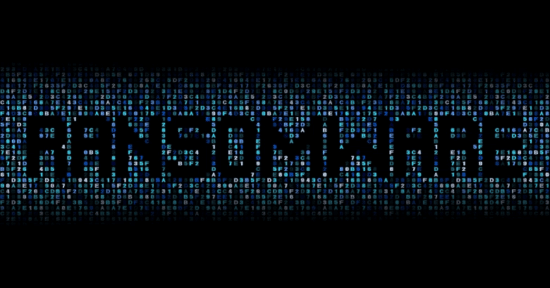Media giant Nikkei’s Asian unit has been hit by a ransomware attack. While the extent of the attack and whether or not customer data was leaked is still unknown, Nikkei has been forced to shut down affected servers as they investigate further. This attack follows a 2019 incident where Nikkei lost $29 million in a single wire transfer due to a business email compromise scam.
About the Author
-
ISBuzz Team embodies the collaborative efforts of the dedicated staff at Information Security Buzz, converging a wide range of skills and viewpoints to present a unified, engaging voice in the information security realm. This entity isn't tied to a single individual; instead, it's a dynamic embodiment of a team diligently working behind the scenes to keep you updated and secure. When you read a post from ISBuzz Team, you're receiving the most relevant and actionable insights, curated and crafted by professionals tuned in to the pulse of the cybersecurity world. ISBuzz Team - your reliable compass in the fast-evolving landscape of information security



